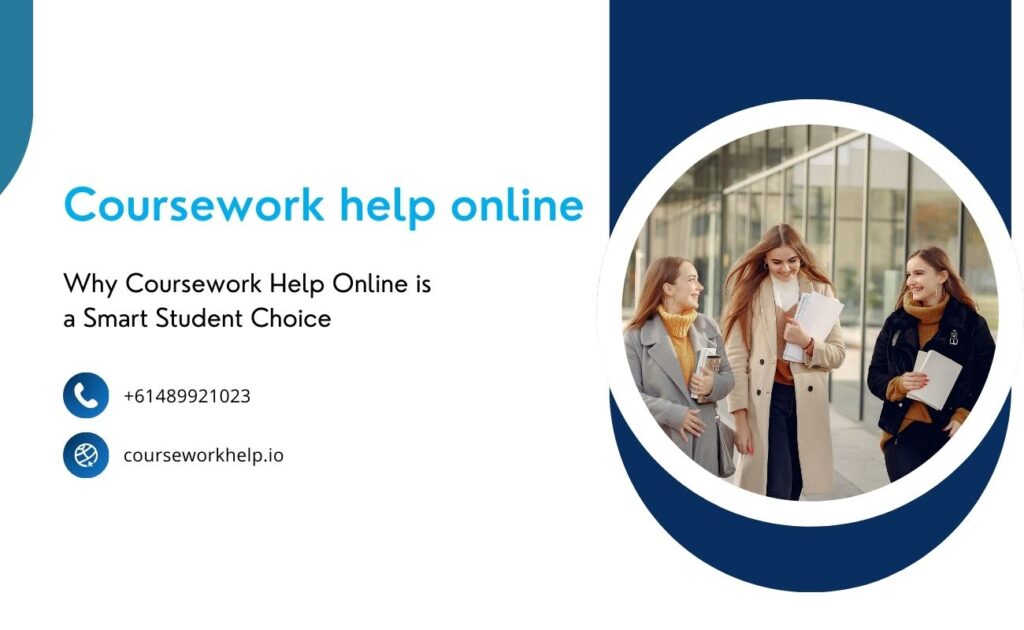As a lifelong learner, I have personally experienced various forms of education, from traditional classroom settings to self-paced online learning. In recent years, I’ve noticed a significant shift towards online courses, a trend that has accelerated due to the ongoing pandemic. This shift has led to a surge in interest and discussions about the benefits, drawbacks, and strategies for effective online learning.
Understanding the Concept of Internet Learning
Online learning, also known as e-learning, is a form of education that takes place over the Internet. It is a flexible learning approach, allowing learners to access materials, interact with instructors, and collaborate with peers, irrespective of their geographical location.
Online learning is a broad concept that encompasses various forms, including fully online courses, blended learning (a combination of online and traditional learning), and MOOCs (Massive Open Online Courses). It can be used for formal education, professional development, or skill acquisition. The key is that it offers flexibility, convenience, and the ability to learn at your own pace.
The Pros of Learning Online
Online learning has numerous advantages. Firstly, it provides flexibility. Whether you are a working professional, a parent, or a full-time student, online learning allows you to learn at your own pace and schedule. This flexibility is particularly beneficial for those juggling multiple responsibilities.
Secondly, online learning can provide access to a wide variety of courses and subjects that might not be available locally. From advanced science courses to niche subjects, you can learn almost anything online. It also offers the opportunity to learn from renowned experts in various fields, irrespective of where you’re located.
Lastly, online learning can be cost-effective. While there are premium paid courses, there are also numerous free resources available. Plus, you save on commuting and accommodation costs that are typically associated with traditional learning.
The Cons of Online Learning
Despite its numerous advantages, online learning isn’t without its challenges. One significant drawback is the lack of face-to-face interaction. Interpersonal skills and in-person communication are critical aspects of learning that are often missing in an online environment.
Another challenge is the need for strong self-discipline and motivation. Without a set structure and with distractions only a click away, learners need a high level of self-directedness to succeed.
Lastly, access to reliable internet and a suitable device is essential for online learning. This requirement can pose a challenge for learners in areas with poor internet connectivity or those who cannot afford suitable devices.
How to Make Internet Learning Work for You
Making online learning work for you requires planning, discipline, and the right tools. Setting a regular study schedule, creating a dedicated study space, and setting clear goals can help you stay focused and motivated.
Engaging with the material is also crucial. Participate in discussion forums, complete all assignments, and don’t hesitate to reach out to instructors or peers if you’re struggling.
Remember, online learning is flexible. If a strategy isn’t working for you, don’t hesitate to tweak it. The goal is to create an environment that helps you learn effectively.

The Role of Discipline in Online Learning
Discipline plays a critical role in online learning. Without the structure of a traditional classroom, it’s easy to procrastinate or get distracted. Sticking to a schedule, setting deadlines, and maintaining a consistent study routine can help instill discipline.
Self-motivation is also essential. Remember why you’re taking the course and what you hope to achieve. Keeping these goals in mind can help you stay motivated and committed.
Choosing the Right Online Learning Platform
There’s a wide range of online learning platforms to choose from, each offering different features, subjects, and learning styles. When choosing a platform, consider your learning goals, the platform’s reputation, the quality of the instructors, and the course structure.
Don’t be afraid to explore multiple platforms before settling on one. Many platforms offer free trials or introductory courses, which can give you a feel for their teaching style and content.
Essential Tools for Effective Online Learning
Having the right tools can significantly enhance your online learning experience. A reliable internet connection and a suitable device (laptop, tablet, etc.) are fundamental necessities. Other useful tools include digital note-taking apps, time management tools, and online collaboration tools.
Bookmarking tools can help you organize your resources while distraction-blocking apps can help you stay focused. Remember, the goal is to create an environment that supports your learning process.
“Football is like a game of chess. You have to think several moves ahead and anticipate your opponent’s next move. It’s not about who runs the fastest or kicks the hardest, it’s about who thinks the fastest.”
Tips for Successful Online Learning
Successful online learning requires strategy and commitment. Here are a few tips that have helped me succeed:
- Set clear, achievable goals.
- Create a consistent study routine.
- Take regular breaks to avoid burnout.
- Engage with the course materials and participate in discussions.
- Seek help when needed – don’t struggle alone!
- Stay organized – use tools to manage your time and resources effectively.
- Stay motivated – remember why you’re learning and what you hope to achieve.
Conclusion: Is Online Learning Right for You?
Online learning offers numerous benefits, but it’s not for everyone. It requires discipline, motivation, and a level of comfort with technology. However, if you value flexibility, have specific learning goals, and are comfortable learning independently, it could be an excellent fit.
In conclusion, online learning is a powerful tool for personal and professional development. It offers unprecedented access to knowledge, experts, and learning communities. But, like any tool, its effectiveness depends on how you use it. With the right strategies, tools, and mindset, online learning can open doors to endless learning opportunities.
As a lifelong learner, I encourage you to explore this new learning frontier. Whether you’re looking to pick up a new skill, deepen your knowledge in a specific area, or simply satisfy your curiosity, online learning can offer a flexible, convenient, and enriching learning experience.
Innovation at the Forefront: Evaluating the Impact of Technology in Today’s Educational Landscape
How Technology and Innovation are Shaping the Future of Education





